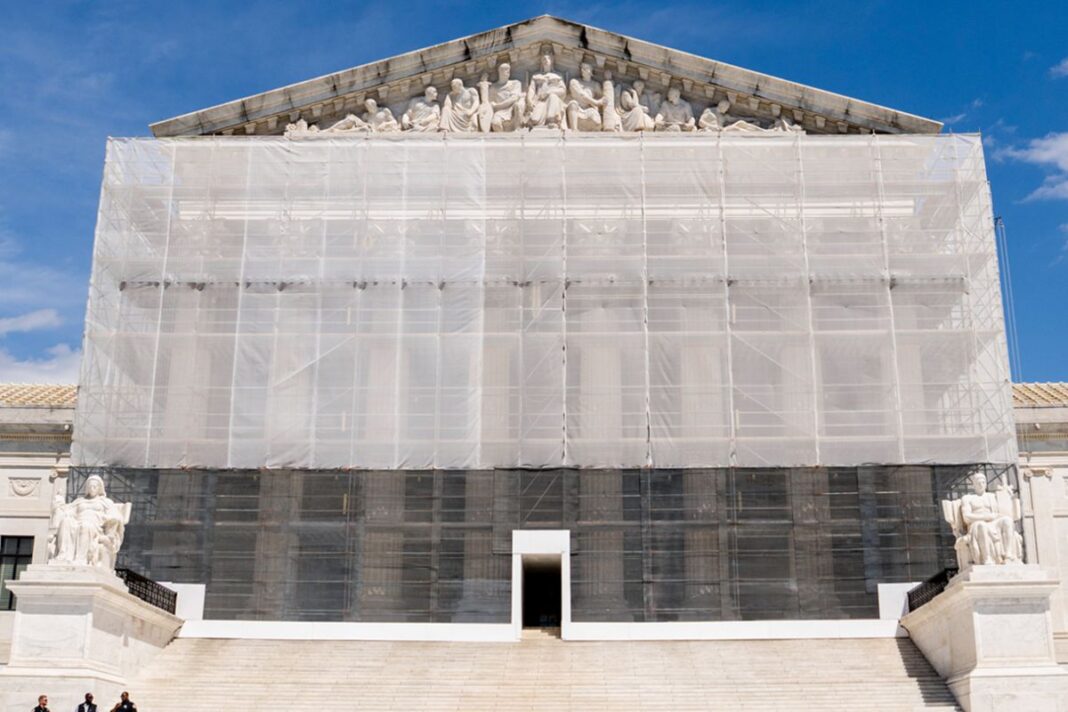The court voted 6-3 to uphold a law that fines websites if they fail to verify the age of users.
State laws requiring pornography websites to verify the age of users will remain in place following a major decision the Supreme Court issued on June 27.
The case, Free Speech Coalition Inc. v. Paxton, concerns a Texas law known as HB 1181 that imposes $10,000-per-day fines on website operators that fail to implement age-verification measures. The penalty rises to $250,000 if minors access sexual material covered by the law.
The Supreme Court voted 6-3 to uphold the law. If the justices had struck down the Texas law, similar laws in other states would have been in legal jeopardy. However, the new ruling may encourage other states to pass age-verification laws now that they know they are constitutional.
A porn industry group mounted a legal challenge to the Texas law, arguing it violates the free-speech provisions of the First Amendment to the U.S. Constitution. Texas argued the law was both constitutional and necessary to prevent underage people from accessing graphic sexual materials.
In the new ruling, the justices discussed the history of laws regulating pornography in the United States and state governments’ power to regulate expression.
Here are some key takeaways:
The Verification Requirement Is Constitutional
The industry group argued that because the age-verification requirement of HB 1181 interferes with adults accessing pornographic material, the law had to be “narrowly drawn” to achieve its goal of protecting minors from sexually explicit content. If it is not narrowly drawn, then it does not comply with the First Amendment and must be struck down, the group said.
The online age-verification procedure required by the law makes users identify themselves by presenting government-issued identification, and this creates a “substantial chilling effect” by exposing adults to the “risk of inadvertent disclosures, leaks, or hacks,” the group said.
Justice Clarence Thomas, who wrote the majority opinion, said even though the law interferes with the right of adult visitors to these websites, it is consistent with the First Amendment. The law advances an important government interest, which is the state’s interest in protecting children from sexual content. The law goes no further than what is needed to advance that interest, he wrote.
Besides, having to submit to age verification by itself does not prevent adults from exercising their right to access the material. “Any burden experienced by adults is … only incidental to the statute’s regulation of activity that is not protected by the First Amendment,” he wrote.








